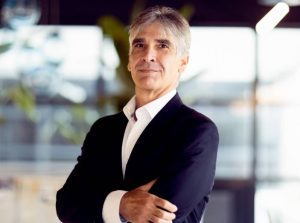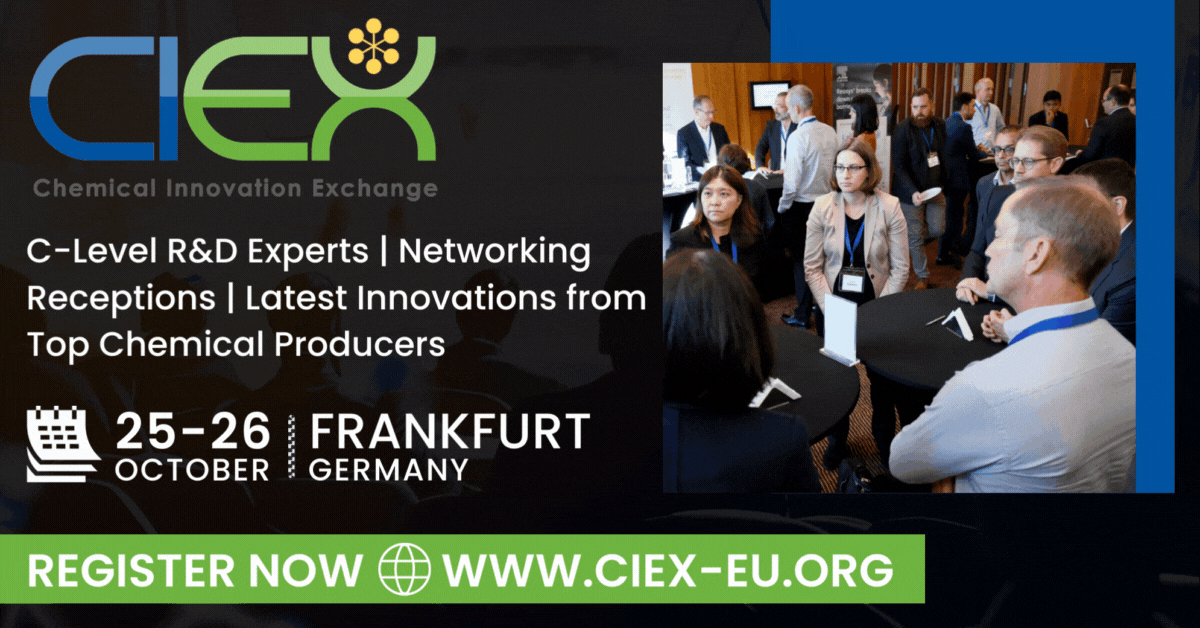

Walmir Soller is CEO of Braskem Netherlands BV, International Holding and Trading for Braskem SA, and VP Olefins/Polyolefins Europe and Asia, having under his responsibility the international trading of Feedstock, Chemicals and Polymers, Global Chartering, production sites in Germany (Polypropylene) and Netherlands (Recycling) and the Green Polyethylene Global business. Walmir Soller is a Chemical Engineer by the Federal University of Rio de Janeiro with MBA by the University of Michigan and has been working in the petrochemical industry for 32 years, being the last 22 years with Braskem in several leadership positions and businesses.
 CIEX: Without giving too much away – what is the core message of your talk and what would you like delegates to remember?
CIEX: Without giving too much away – what is the core message of your talk and what would you like delegates to remember?Walmir Soller: The chemical industry is going through an unprecedented transition to become more sustainable and that will demand innovation not only in technology but also in business models to combine competences and assets to accelerate the process and minimize costs and investments.
Walmir Soller: This is my third time participating in CIEX, and I believe it’s an excellent opportunity to exchange views with relevant stakeholders in the chemical industry and get an overview of the latest trends in innovation.
Walmir Soller: The chemical industry will remain pivotal in providing materials and solutions to meet society’s current and future demands. However, the prevailing model, which relies on fossil feedstock, faces challenges. Industry players must seek ways to enhance the circularity and sustainability of products and feedstocks. The task ahead involves reconfiguring the current setup and re-engineering the entire industry. Such a complex transition necessitates robust public policies to back the essential investments.
 CIEX: When looking to other regional markets, what lessons can the European chemical industry learn, adapt or perhaps even use to differentiate itself?
CIEX: When looking to other regional markets, what lessons can the European chemical industry learn, adapt or perhaps even use to differentiate itself?Walmir Soller: I believe the European Chemical Industry can seize the opportunity to become more flexible and nimble, accelerating its transition to a carbon-neutral circular economy. This shift will require either new competencies or a combination of existing ones, along with reconfigured assets. Traditional setups and business models will need reevaluation. With its vast and diverse asset base, a comprehensive technology portfolio, and a leading role in the global sustainability agenda in recent years, Europe is well-positioned. Thus, the region’s successful model should leverage these strengths, bolstered by a clear regulatory framework to mitigate risks during the transition.
Walmir Soller: Natura & Co, the Brazilian cosmetic giant (Avon, Natura, The Body Shop e Aesop), has a program to develop alternatives that are economically viable in the Amazon region based on social and environmental principles. The program focus on preventing deforestation and promoting the well-being of the local communities.

Blog title image by Carbon Click